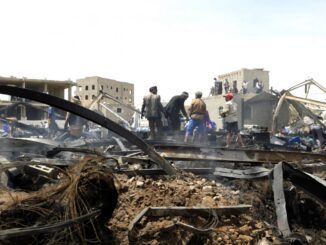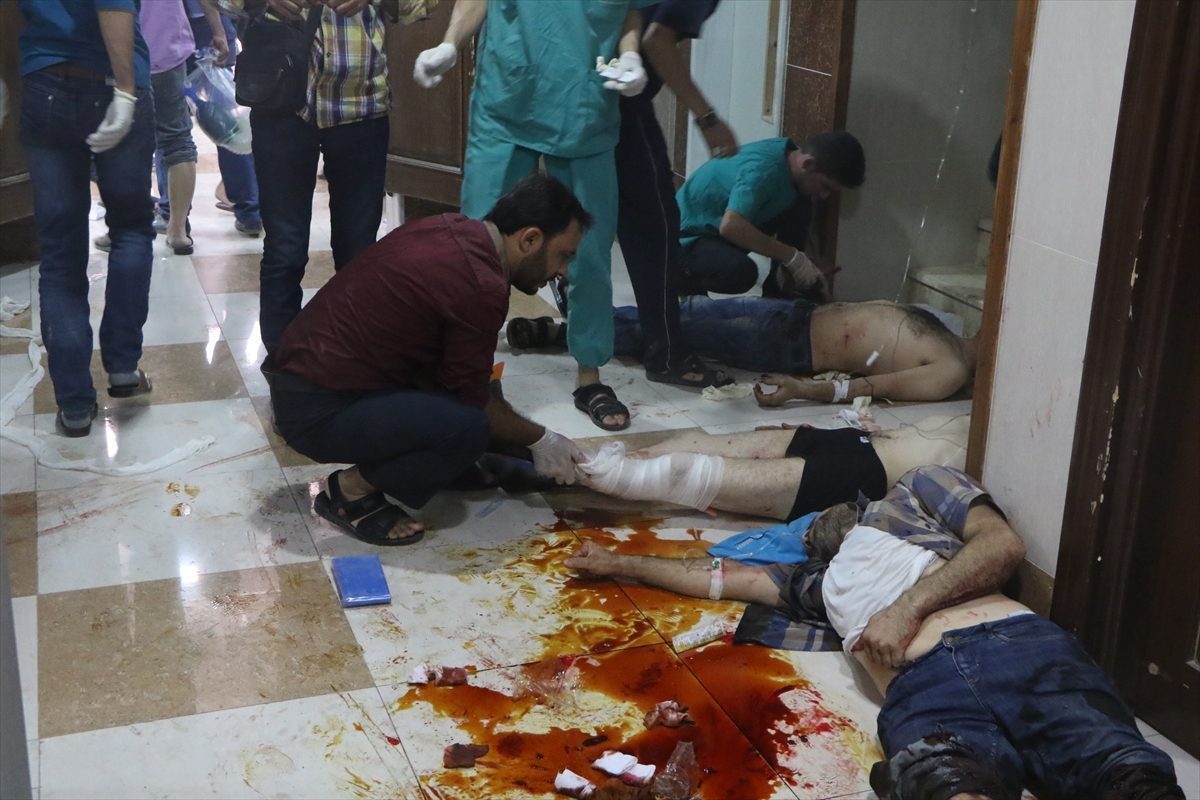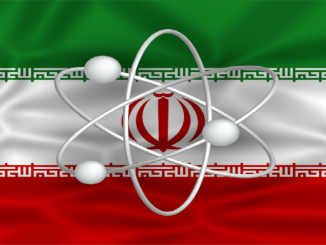
U.S. and Russian officials said Friday they have reached an agreement on steps designed to pave the way for retrieving Syria truce and resume peace talks, but top officials declined to detail the specific measures involved.
U.S. Secretary of State John Kerry, without elaborating, said implementing the steps could address two key problems: Syrian President Bashar al-Assad and his regime’s disregard of a February cease-fire agreement, and attempts by some extremists to cloak their attacks by intermingling with opposition groups supported by the U.S.
The talks were the latest in two days of meetings in Moscow, aimed at salvaging what little remains of the tattered cease-fire.
At the start of the talks Thursday, Mr. Kerry presented a proposal for closer military cooperation in Syria that would include joint strikes against militant group Nusra Front. In exchange, Russia would agree to use its influence to ground Syria’s air force, which has continued to pound civilian population centers
But it was unclear late Friday which elements of the proposal were part of the agreement reached in Moscow.
After more than 10 hours of talks Friday, Russian Foreign Minister Sergei Lavrov said the two sides had reached “a common understanding with regard to joint steps.” However, Mr. Kerry said they still had “homework to do.”
Mr. Kerry’s meetings, with Russian PresidentVladimir Putin and Mr. Lavrov, took place in the hours surrounding a deadly truck attack in Nice that killed at least 84 people and which both sides said added urgency to their discussions.
Russia supports the Assad regime, while the U.S. demands Mr. Assad step down. Both powers are opposed to the Islamic State extremist group and the al Qaeda-affiliated Nusra Front, but differ on other groups of fighters operating in the country.
Russia and the U.S. have carried out separate campaigns of airstrikes against Islamic State. U.S. officials have complained that many of Russia’s strikes are aimed at groups fighting Mr. Assad, including U.S.-backed rebels.
As the U.S.-Russian talks were concluding, reports of the coup attempt in Turkey had started trickling in, adding further uncertainty to the conflicting international efforts under way in Syria. Turkish military forces have been staging their own operations in Syria against Islamic State in recent months.
Washington’s proposal would have resulted in U.S. and Russia sharing information on Nusra and Islamic State targets, along with integrated military operations.
Under that plan, Russia would limit its strikes to targets both sides agreed on, and refrain from striking U.S.-allied groups. Syria’s air force would, under the deal, be grounded in areas where Nusra has a significant presence. The proposal would allow a limited number of exceptions.
Messrs. Kerry and Lavrov took a break from their meetings on the Syria crisis to ride together in the same motorcade to the French embassy for a brief and somber proceeding in the aftermath of the attack in Nice. Mr. Kerry and Mr. Lavrov laid flowers at the gate and went inside to sign a condolence book.
Mr. Kerry wrote: “May we all show the strength and purpose to end this scourge of terror and find peace in our time.”



